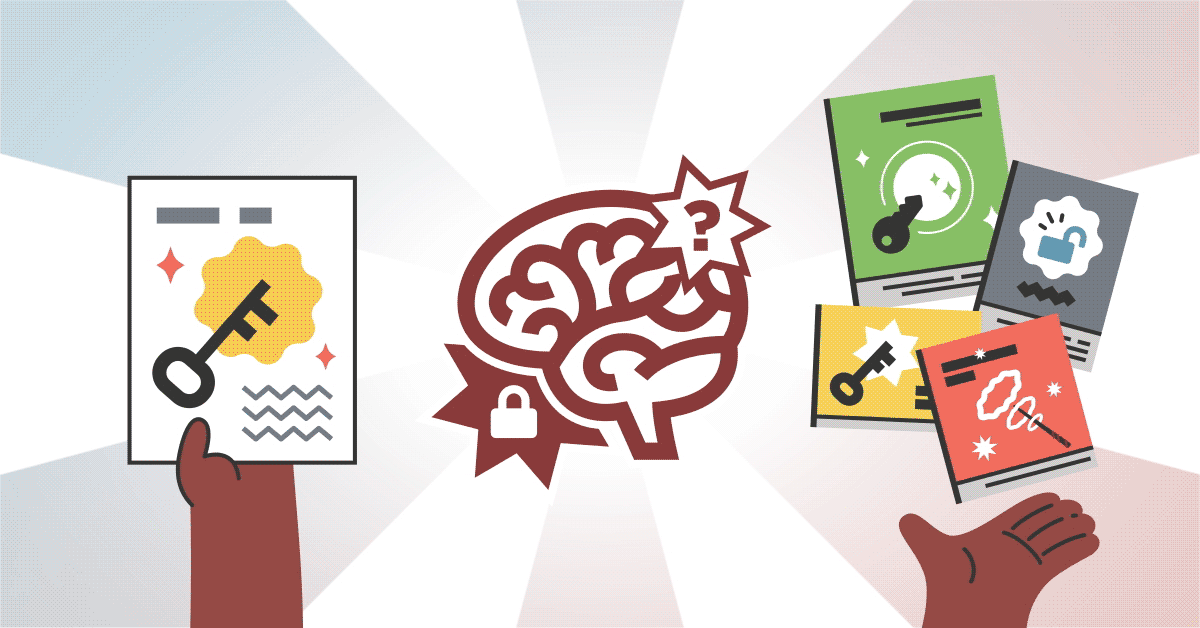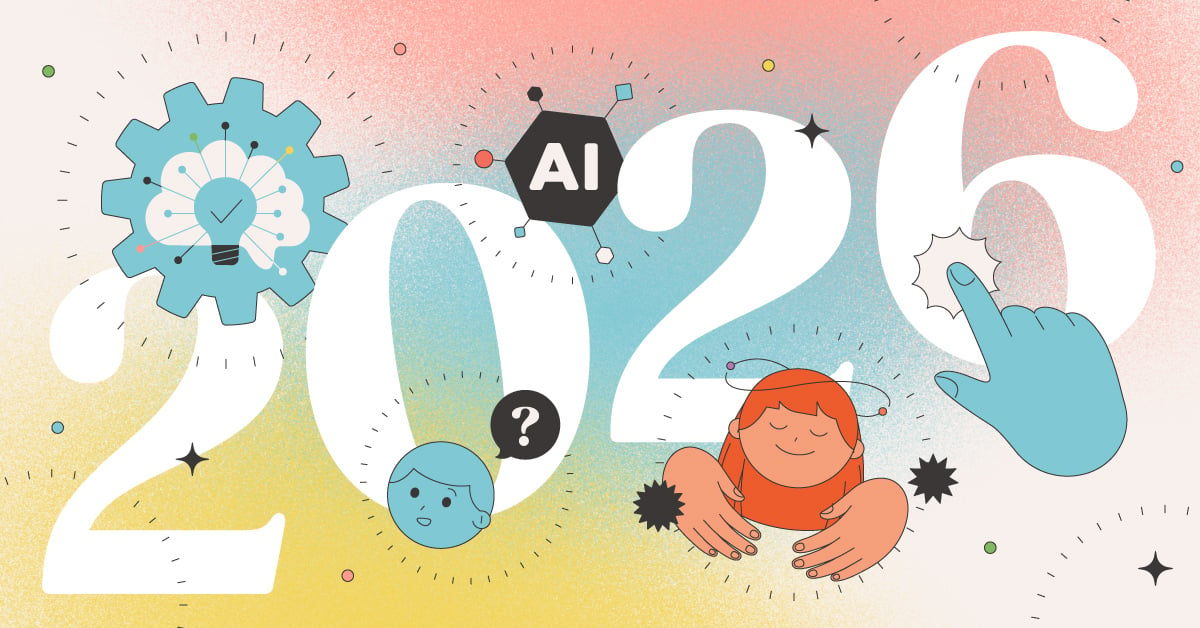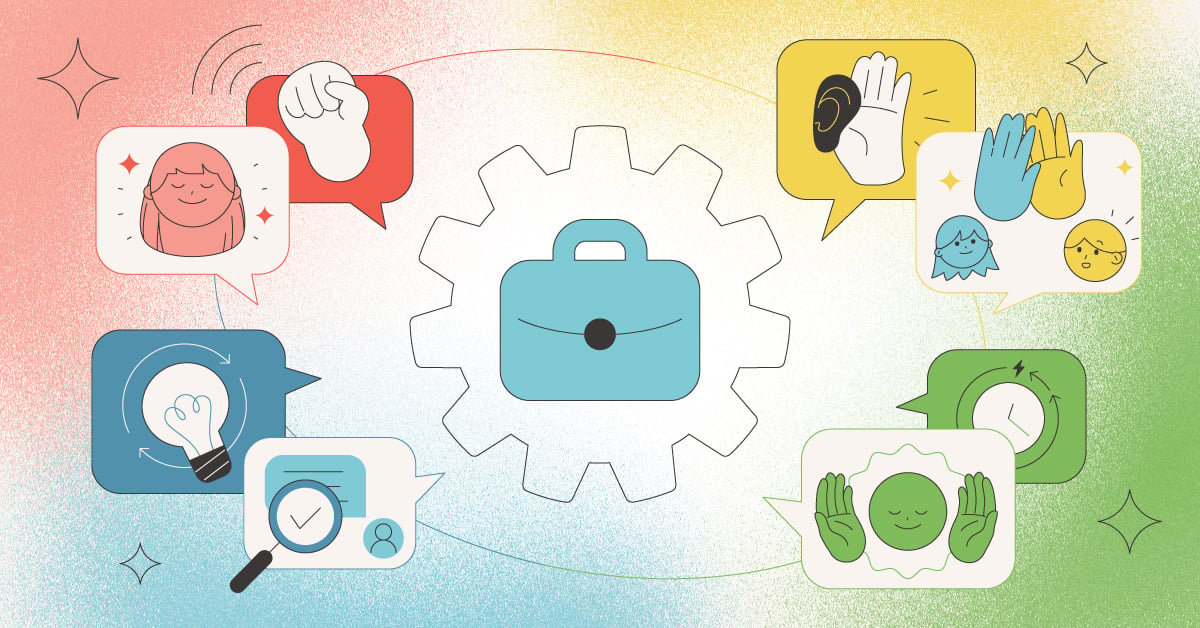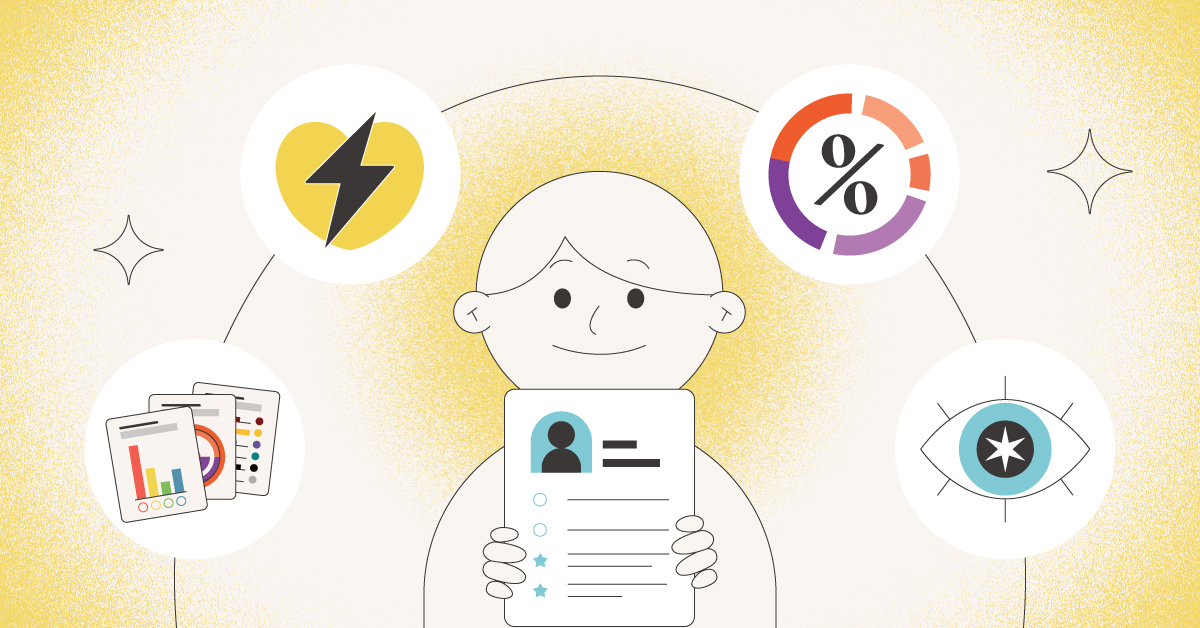
What Is The 12 Driving Forces Assessment?
There are all kinds of valuable assessments for workplace use, but if you want to understand motivation, you need to use the 12 Driving Forces.
The 12 Driving Forces assessment measures why a person does what they do. It measures the motivation (and strength) behind behaviors, using six different keywords.
Those motivators are...
Knowledge
Utility
Surroundings
Others
Power
Methodologies
These 6 keywords are each divided into two distinct sides, measuring each factor. Based on a continuum, these 12 drivers make up a person’s cluster of Driving Forces.
How Is Knowledge Defined in 12 Driving Forces?
The focus of the Theoretical keyword is knowledge—specifically how a person values knowledge, learning, and discovery. The two ends of this continuum are Instinctive and Intellectual.
This keyword also does not indicate intelligence. Instinctive people aren’t less smart than Intellectual people. Both ends of the spectrum value knowledge—they just value it in different ways.
What Does Instinctive Mean in The 12 Driving Forces Assessment?
People with an Instinctive Driver use past experience, intuition, and real-time research to solve an immediate need.
An Instinctive person wants only the knowledge necessary to accomplish the task at hand. They pursue knowledge on a “need to know” basis.
What Do Instinctive People Need in the Workplace?
Instinctive People have very specific needs in the workplace. One of the most important is access to easily accessible resources, like knowledge bases or project briefs.
Having the information they need on hand without jumping to conclusions will help them stay efficient and save time. It also allows them to solve problems on their own, rather than seeking out assistance from others, which lets them keep on schedule.
Instinctive people are motivated by real-time learning, which allows them to complete tasks and projects without being slowed down by extensive research.
If you’re asking a person with an Instinctive Driver to dig into research, make sure the knowledge is necessary and can be immediately applied to their work.
What Does Intellectual Mean in The 12 Driving Forces Assessment?

People with an Intellectual Driver acquire knowledge, discover, and find opportunities to learn wherever they are.
The Intellectual person wants all available knowledge on the subject simply to understand it, regardless of the direct application. They like learning for the sake of learning!
What Do Intellectual People Need in the Workplace?
Intellectual people have a very different set of needs in their work environment. One of the most important elements to their success is working in an environment where they are able to pursue continuous learning opportunities. If an Intellectual person stagnates in their role without opportunities to learn new skills or concepts, their productivity may plummet, and they will become at high risk for experiencing burnout. When they have access to the right depth of information, they will continuously improve their procedures and abilities in their position.
Professional development is a great way to make sure that this happens. Give your Intellectual workers opportunities to attend conferences, workshops, and training to engage them while opening up their minds to different avenues of thinking and problem-solving. Intellectual individuals thrive on new information, so training provides opportunities for them to engage more deeply while strengthening your reskilling efforts and internal talent pipeline.
A final and practical suggestion is to ensure that people with Intellectual drivers have solid boundaries in place in their positions. They need room to move around and grow in their roles, but they also need an established stopping point when it comes to researching and exploring new information. It’s easy for Intellectual people to get carried away in their research, and that can be impractical and slow down progress, so make sure a balance is clearly established for their success and the overall success of your team.
Intellectual Drivers, Instinctive Drivers, And You
No matter where you fall on the Knowledge continuum, it’s important to understand and appreciate the value that Instinctive and Intellectual people bring to your team.
If you want to harness the power of the 12 Driving Forces for your team, TTI can help. Contact us here to get started.




